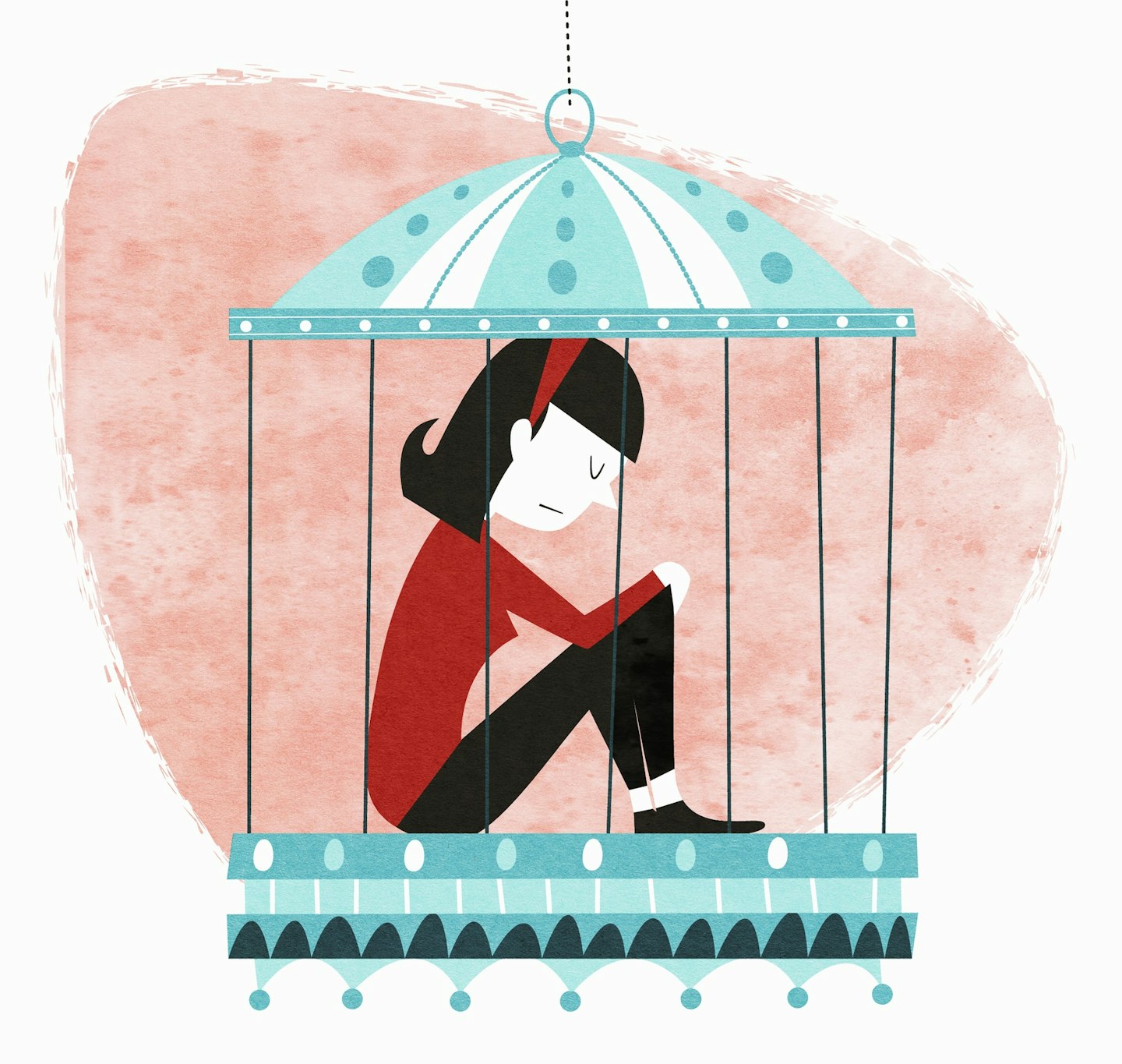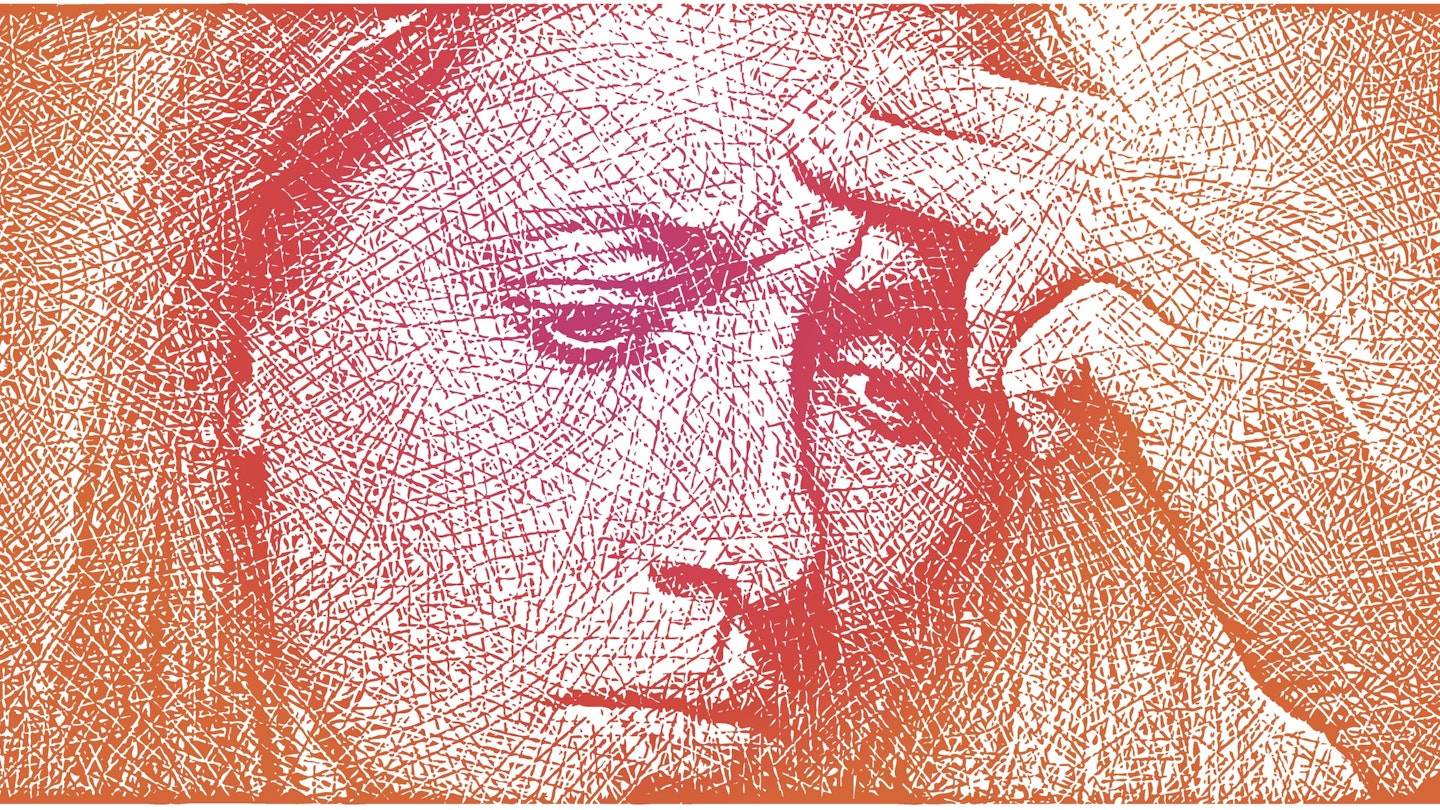We all suffer stress in our lives, whether it's day-to-day worries (missing a deadline, public speaking, arguments) or bigger-picture problems such as financial trouble, illness or separation.
Left to its own devices, stress can be a corrosive force that eats away at our physical and emotional wellbeing.
If we let this state of mind run riot, we end up in a constant state of tension that makes it difficult to enjoy or even focus on elements of everyday life.
Yet, it doesn't have to be that way. The way we suffer stress directly relates to how we perceive it; and according to a far-reaching article in the New York Times this week, this perception can be changed - with a little training.
Writer Tara Parker-Pope argues that if we approach stress in the right way, it can actually be good for us and make us stronger.
Here's how:
Stress for success

The mind and body are interconnected; one takes its cue from the other. So, if we think of stress as a positive force for the good, our body will eventually come to experience it that way.
Most of us are conditioned to think of adrenalin and cortisol - the two stress hormones - as negative elements, that make our hearts pound, our breathing faster and our blood pressure higher.
Parker-Pope argues that we should instead think of each of these physical responses as a good thing. They're energising us, fuelling our brains and muscles to help us prepare for the challenges ahead.
Think of the body's stress response as a tool that has evolved to help you succeed. Physical symptoms that seem alarming are aiding your performance in stressful situations.
If you approach it this way, you'll respond better to stress and it will make you far stronger than if you avoid or try to ignore it.
So, work on re-framing how you view stress - it's something to embrace; and like Game of Thrones' Daenerys Targaryen, it's force for the better.
Practise Stress

Another way to get on good terms with stress is to practise it. Just as firefighters train hard to react well in life-or-death situations, Parker-Pope says we can do the same with stress and how it affects us.
This technique is known as "stress inoculation" and involves regularly exposing ourselves to small amounts of stress. That way, we are prepared and can handle it - instead of being blind-sided - when big, stressful events happen.
Stress inoculation has three stages:
-
Education - learn what to expect from a stressful situation. Speak to people who've been through similar experiences, from family fallouts to exam prep.
-
Rehearsal - Live life in a way that prepares you for stress. Regularly expose yourself to stressful situations - whether that's giving a presentation or running a marathon - to learn how your body responds, and get used to it. Though the real stress of your life will always be unknown (and therefore more stressful by its very nature), this process will help you react your best when it does hit.
-
Implementation - When stress hits, you're prepared. You've educated yourself about it and have rehearsed how it feels. You can handle it.
Read more about how to use stress to your advantage, with tips on diet, exercise and meditation, on the New York Times.
Read More: Is Stress Stalking Your Life?
Read More: Could Anxiety Be Your Secret Weapon?
